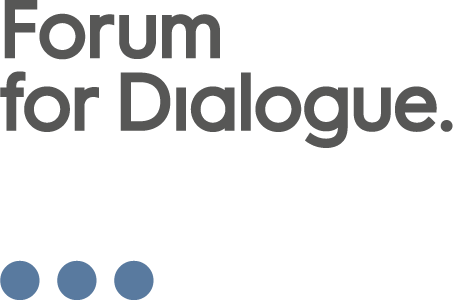As a small girl I would listen to stories of my great-grandmother. War would often be mentioned, as well as the violence and life stories of ordinary people. Jews would also appear in these war stories. At the time I did not understand who these Jews were. I would hear that they had to hide during the war at this or that neighbor’s house. I did not see this as strange, assuming that probably everyone had to seek hideouts at some point of the war. It was only with time, once I grew up and started reading books and watching films on the topic that I realized that Polish/Jewish history is not unequivocal. Reading about the history of my hometown, it was hard not to notice that Jewish residents were mentioned very often. And yet I did not see anything that would remain from this Jewish presence in the contemporary townscape. Today I know which of the prewar houses had Jewish residents or which streets became part of the crowded ghetto. One day a friend showed me Jędrzejów’s Jewish cemetery, whose existence was known only to those living in direct proximity to it. But at the time I was still just a teenager with an interest in Jewish culture.
I only felt there is a void that needs to be filled when I began my university studies. In 2015, when I visited family graves for All Saints’ day on November 1, I suggested to my family to again look for the Jewish cemetery, hidden somewhere behind homesteads and fields. What we saw there was a rusty information board and a few broken tombstones, but above all – trash and dense vegetation. I took a few pictures. I knew that my town’s residents were not aware of the cemetery’s location; most of them did not even know of its existence. When I set up a fanpage intended to commemorate the site, a few people got in touch with me to ask for directions to the cemetery or about its history. Some requested additional photos. In the meantime, I joined a group of volunteers called “The Machers” of Kraków’s Jewish Cuture Festival and mentioned the state of Jędrzejów’s Jewish cemetery.




